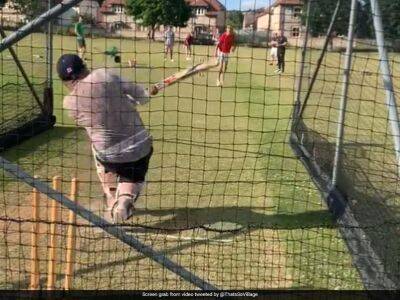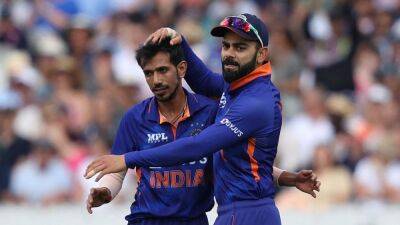Joe Root keeps defying convention as England cruise past India
You won’t win Test matches playing like that. You can’t walk down the wicket and hit Mohammed Shami through midwicket, not in his first over. And you shouldn’t try to reverse-scoop Shardul Thakur for six either, even if you are on 120 at the time. Don’t get caught at mid-off the very next ball after you’ve been dropped there, especially when you’re the captain and your team are 267 runs behind. You ought not to have three slips in for Rishabh Pant when he’s 100 not out and running away with the game. You won’t beat India if you’re 132 runs behind after your first innings.
And, while you might try, you’re not going to chase 378 on the fifth day, not on this pitch, not against this attack.
You could hear this sort of talk around Edgbaston all week, in the grandstands, and on the TVs, coming through the little earpieces people wear so they can follow the radio commentary. You could read it in the papers, too.
In the past month England made 277, 299, and 296 to win in the fourth innings of three successive Tests, and did it playing a style of cricket which scotched a lot of those same old ideas. But after 145 years of Test cricket our notions about the way it is supposed to be played are so deeply ingrained that, just four days after the last of those games was over, we ended up falling back into the same old thinking.
And with good reason. England had played 1,051 Tests before this one. They’d made more than 325 to win in the fourth innings in exactly two of them. The first time it happened, at Melbourne in 1928, the innings was spread over three days’ play, Herbert Sutcliffe batted for six-and-a-half hours, and they still had to weather a late collapse which meant they only had three wickets left at the end of the match.







